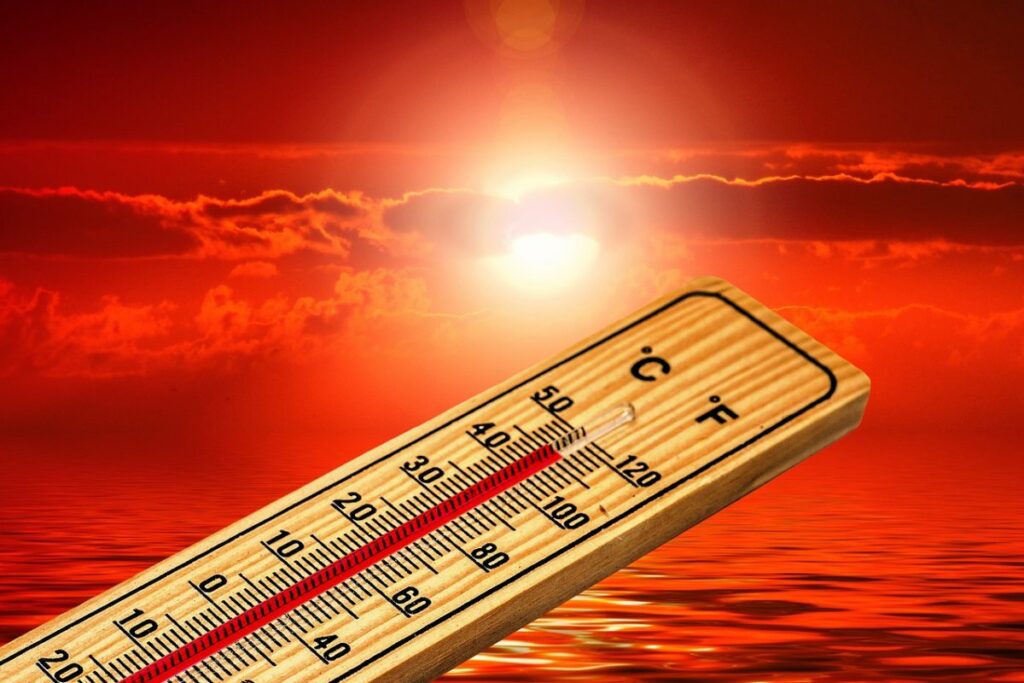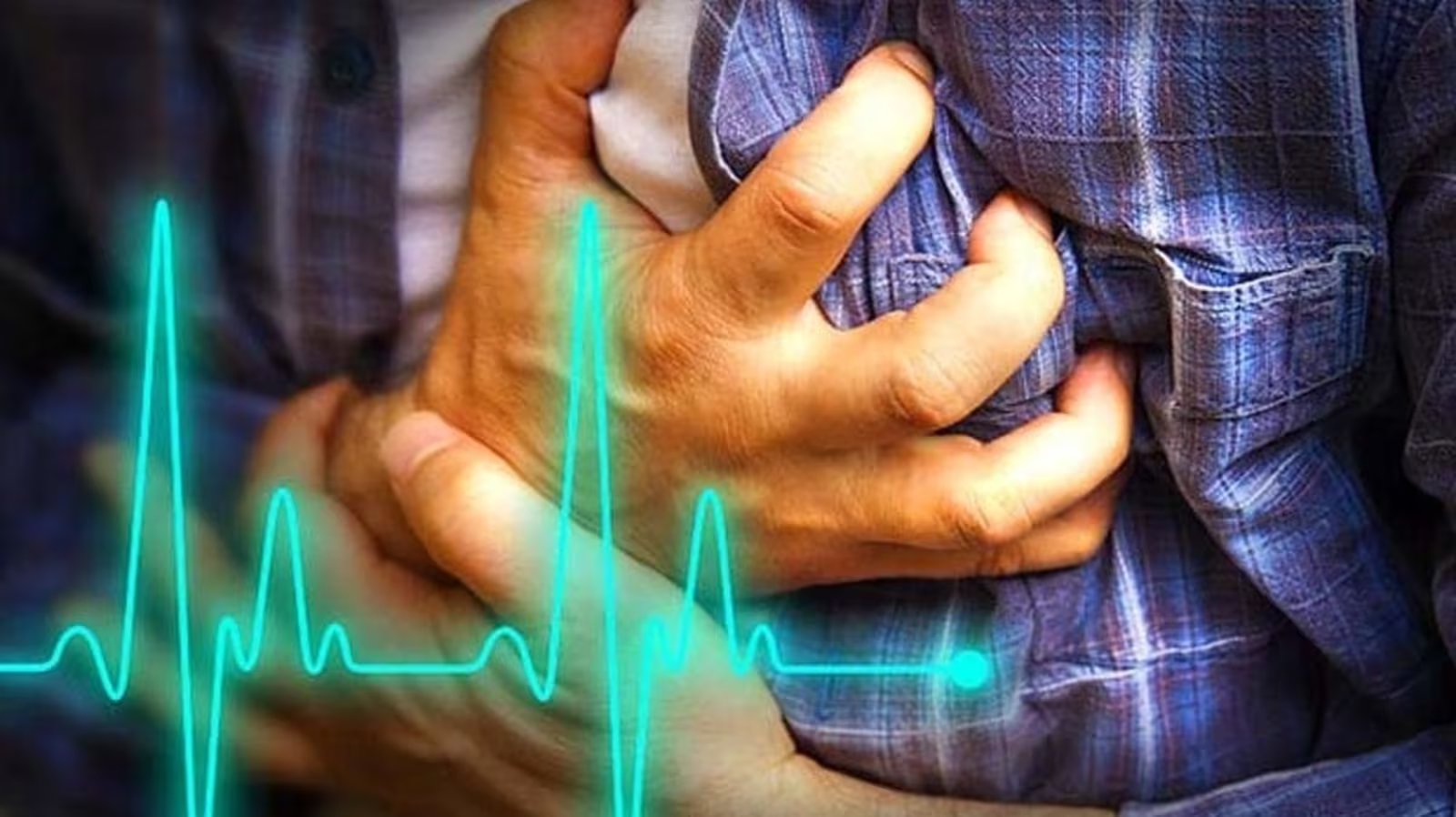Washington: A troubling revelation emerges from a recent study: the toll of Americans succumbing to heart-related issues and strokes due to rising temperatures could triple in the coming decades. This concerning forecast is rooted in the escalating impact of climate change and the resultant greenhouse gas emissions, as outlined in the study published on October 30 in the journal Circulation.
The research, delving into the correlation between climate change and its consequences for Americans, projects a threefold surge in deaths attributed to soaring temperatures in the US by mid-century. Notably, the study pinpoints older adults and Black Americans as the most vulnerable groups. Lead researcher Dr Sameed Khatana, a cardiologist and assistant professor of medicine at the University of Pennsylvania, remarked, “Our study suggests there could be a benefit from reducing emissions and within a short time frame.”

Strokes, heart attacks, and various cardiovascular complications have been identified as repercussions of heat waves, as explained by Dr Khatana. The cardiovascular system, encompassing the heart and blood vessels, plays a pivotal role in regulating body temperature. When the body overheats, the heart intensifies its efforts, pumping blood to the periphery to release heat through sweat. Dr Khatana pointed out, “We also know the number of extreme heat days is projected to increase.”
The confluence of an aging population and a rising influx of individuals relocating to hotter regions presents a clear and concerning picture – an uptick in heat-related cardiovascular deaths. Analyzing data from 2008 to 2019 on cardiovascular deaths and days of extreme heat (defined as days feeling like 90 degrees or more) in US counties, Dr Khatana’s team identified an average of 1,651 additional cardiovascular deaths annually during these years due to extreme heat.
Building upon these findings and incorporating predictions about environmental and population changes, the researchers extended their projections into the future, specifically from 2036 to 2065. Unfortunately, the outlook remains grim, with heat-related cardiovascular deaths more than doubling to an average of 4,320 per year.
One contributing factor to this surge is the anticipated increase in the number of extremely hot days, which is projected to rise from 54 to 71 days annually.

Beyond fatal outcomes, Dr Khatana emphasized that the study, while focusing on heat-related deaths, also sheds light on non-fatal cardiovascular complications suffered by Americans during heat waves. These complications, severe enough to warrant hospitalization, leave lasting impacts on health and quality of life, forming a broader and concerning spectrum beyond the recorded cardiovascular deaths. As Dr Khatana put it, “Cardiovascular deaths are just the tip of the iceberg.”







Leave a Reply